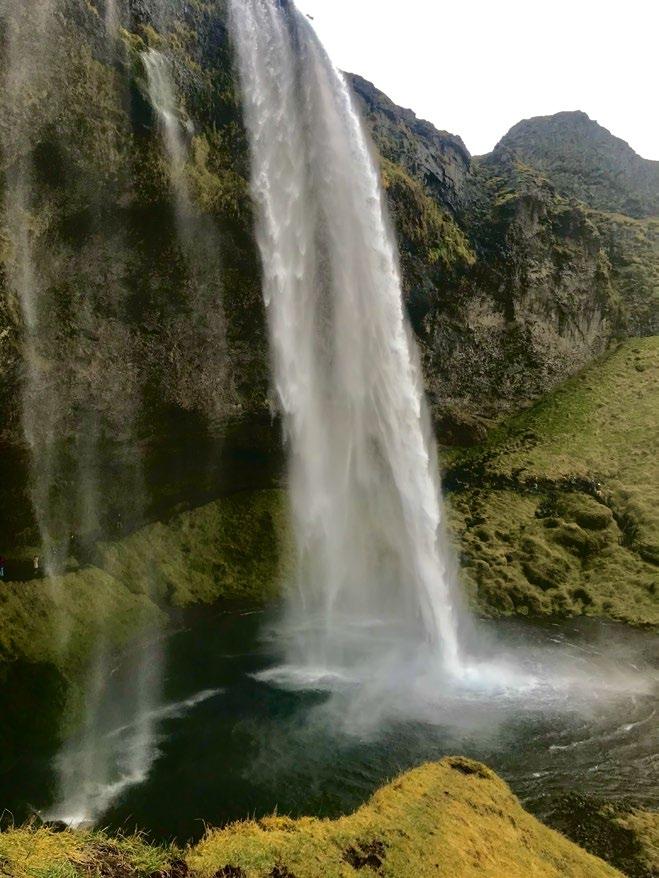
2 minute read
Geography - 14
from GCSE Options
Fieldwork
It is an essential part of the course for pupils to complete a Human and Physical fieldwork trip. This has to be signed off for completion of the GCSE and the pupils need to use this for Paper 3, where there are fieldwork questions. There will be a Human fieldwork trip and a Physical fieldwork trip.
There is an optional overseas trip every two years.
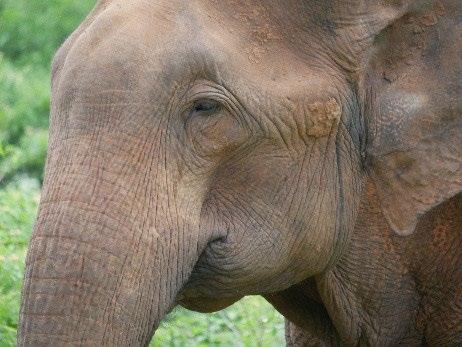

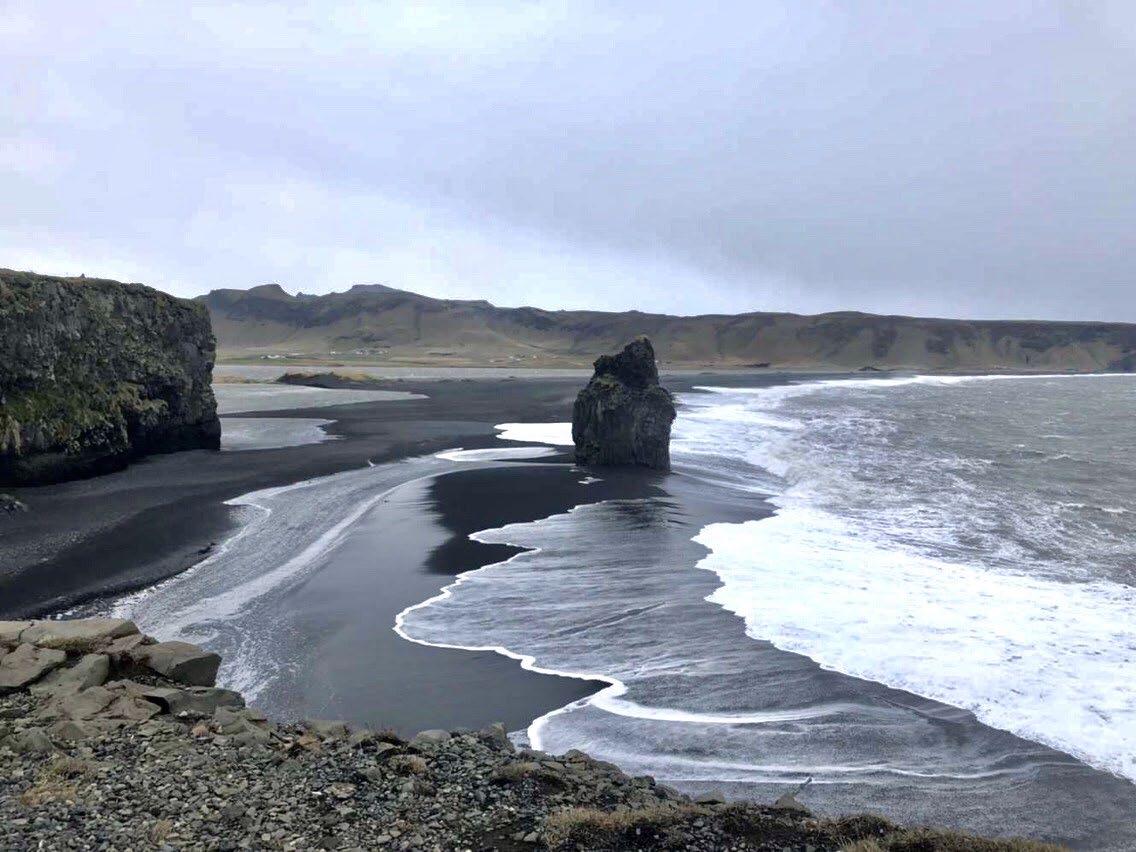
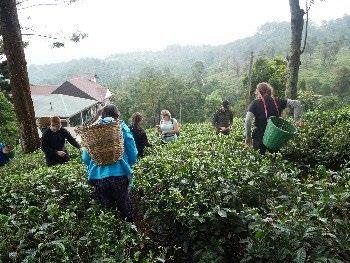
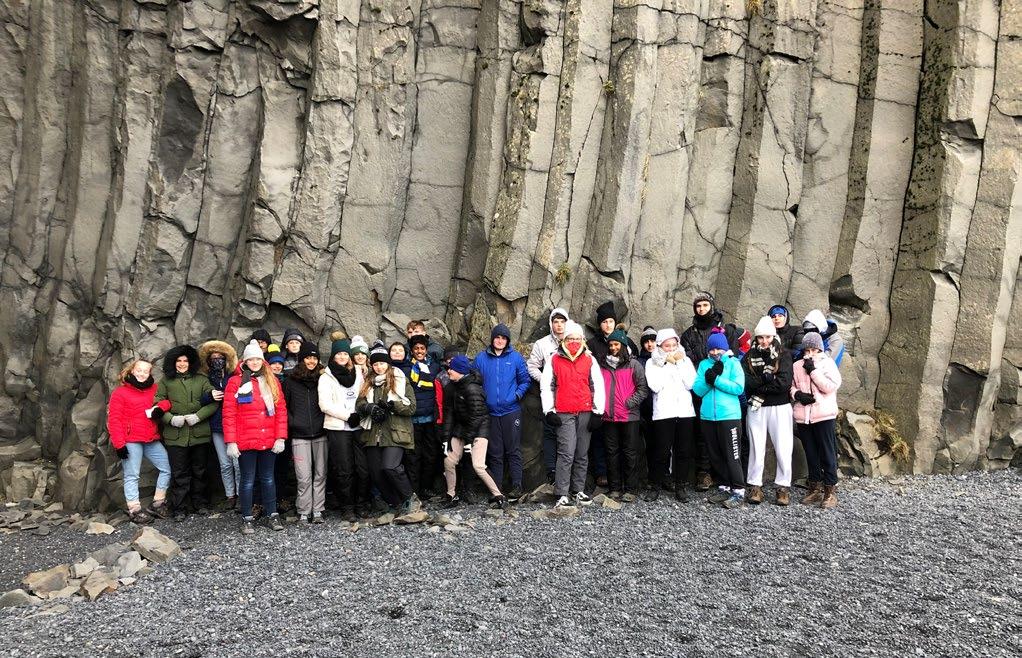
Mrs C S Codner Head of Geography
History
History is the fascinating study of why decisions made in the past have created the world we live in today. It is people watching without having to travel and uniquely explores the role of social, political and economic factors, as well as the necessity of significant individuals in shaping key moments of change. But History is also relevant to the demands of the modern world because we can judge the significance of today’s events by comparing and contrasting them to what has gone before.

History never really says goodbye. History says ‘See you later’. Eduardo Galeano
Course Outline
We study the GCSE AQA Exam Board Specification. There are 2 Papers examined at the end of Year 11.
Paper 1: Modern Wider World History 1. Conflict and Tension between East & West - The Cold War 1945-72 2. America 1920-73 - Opportunity & Inequality
We begin by looking into the differences between the ideologies of Capitalism in the USA and Communism in the USSR; why were they so hostile to each other and why did the Cold War develop after they had worked together to defeat Nazism in 1945? Some suggest that every event of the Twentieth Century can be traced back to the 1917 Communist Revolution in the USSR; how accurate is that? We then study the dramatic flash points of the following 27 years that at times led to the world sitting on the edge of nuclear war: the dropping of the Atomic bomb on Japan, the Berlin Blockade and Airlift, the Korean War, revolts in Hungary and Czechoslovakia, the Cuban Missile Crisis, the building of the Berlin Wall and finally the beginnings of détente in the 1970s In this Topic we learn why and how the USA emerged as an economic superpower after World War I and how life in the 1920s ‘roared’ for many, as those who had survived World War One altered social norms; women cut their hair, shortened their hem lines, mass sporting events such as baseball emerged and the era of the Hollywood ‘celebrity’ began. We then move into the 1930s and the USA’s economic depression, triggered by the Wall Street Crash; what lessons were not learned which led to another global downturn in 2008? We also study race relations within the USA looking at the Ku Klux Klan in the 1920s through to Civil Rights campaigners such as Malcolm X and Martin Luther King in the 1960s. Student protest over the Vietnam War and the developing rights of women play a key part in the last years of the Topic.









